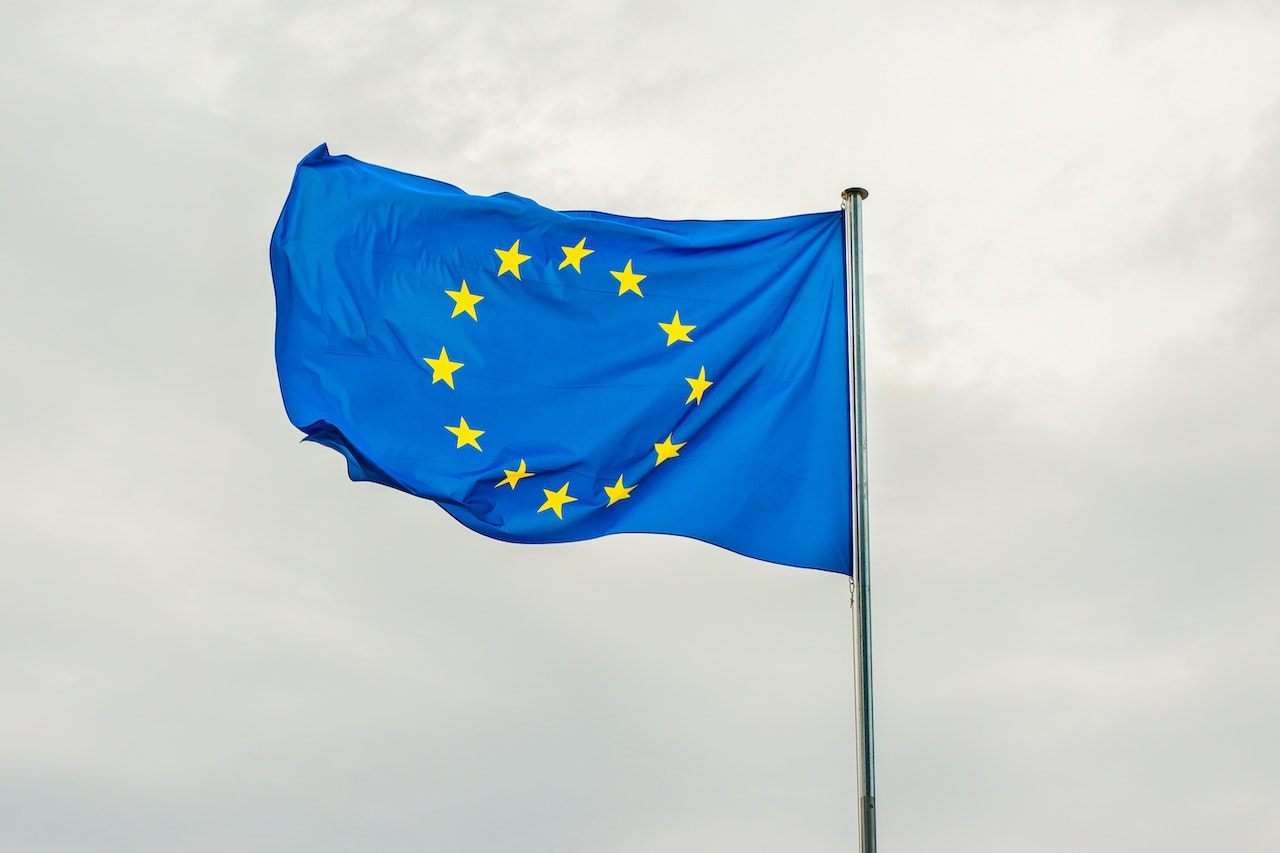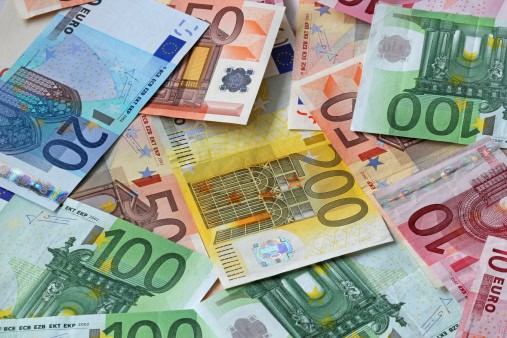
Assuming you are asking if Europe is a safe place to invest money, the answer is, for the most part: yes. Europe has a compartively long history of stable governments and economies. Additionally, European countries have strong legal systems that protect investors’ rights. The Eurozone also has a relatively strong and robust currency: the Euro.
However, it is important to do your research before investing in any market, as there are always risks involved. For example, the European Union (EU) is currently facing some economic challenges due to inflation and the aftermath of the coronavirus pandemic. Nevertheless, overall, Europe remains a safe and attractive destination for investment.
What to do before investing in Europe
1. Research the local market conditions in the European country or countries you’re interested in investing in. Be sure to pay attention to things like interest rates, inflation, and economic growth. All of these factors can impact your investment strategy.
2. Consider investing in a variety of different asset types. Europe has a lot to offer investors, from stocks and bonds to real estate and more. By diversifying your portfolio, you can reduce your overall risk.
3. Stay up-to-date on political developments in Europe. While most countries are stable, there can be times when political turmoil impacts the markets. Paying attention to the news can help you make informed investment decisions.
4. Use the correct tools to invest. In order to invest in Europe, you should find the best european investing apps to make the smartest financial decisions.
5. Be prepared to be patient. European markets can take longer to rebound than those in other parts of the world. But if you’re patient, you may be rewarded with long-term growth.
By following these tips, you can increase your chances of success when investing in Europe. With careful research and planning, you can make a wise investment that will pay off in the long run.

What are some good investments in Europe?
There are a number of good investments in Europe, depending on your goals and risk tolerance. Some potential options include stocks, bonds, real estate, and more.
1. Stocks: Investing in stocks gives you the potential to make money through capital appreciation and dividends. There are many different types of stocks to choose from, including blue-chip companies, small-cap companies, and international companies. You can start by acquiring the best information possible and checking the best brokers in europe.
2. Bonds: Bonds are a debt investment, where you loan money to a government or corporation for a set period of time. In exchange for the loan, they agree to pay you interest payments over the life of the bond. At maturity, you will receive your original investment back.
3. Real Estate: Real estate is always a popular investment, and Europe has a lot to offer. From vacation homes to rental properties, there are many ways to profit from real estate investing.
4. Commodities: Commodities are natural resources that can be traded on the open market. Popular commodities include oil, gas, gold, and silver.
5. Mutual Funds: Mutual funds are a type of investment that pools money from many different investors and invests it in a variety of securities. This diversification can help reduce risk while still providing the potential for growth.
By investing in a mix of asset types, you can create a well-rounded portfolio that has the potential to provide long-term growth. Working with a financial advisor can help you choose the right investments for your individual goals.

Is the Euro a safe currency?
There is no simple answer to whether or not the Euro is a safe currency. While it has its advantages, such as being backed by the European Central Bank, there are also some potential risks associated with it. For example, if one country within the Eurozone experiences an economic downturn, this could have negative ripple effects throughout the entire zone. Despite all this, the currency has performed well since its inception and is not subject to significantly turbulent ups and downs. Ultimately, whether or not the Euro is considered a safe currency depends on one’s individual circumstances and investment goals.
You may be interested in: Buying a business in Europe: things to look out for

